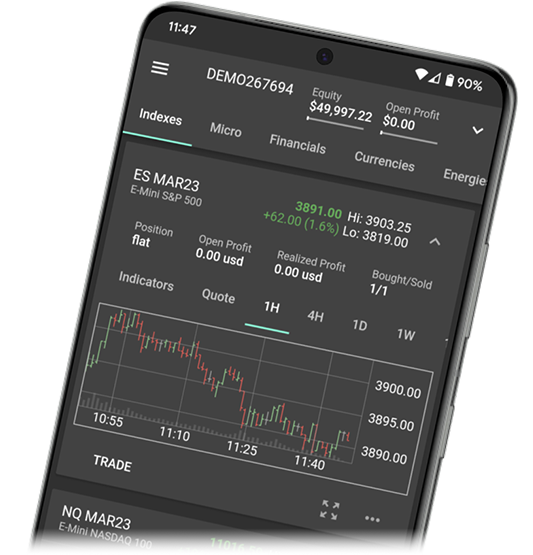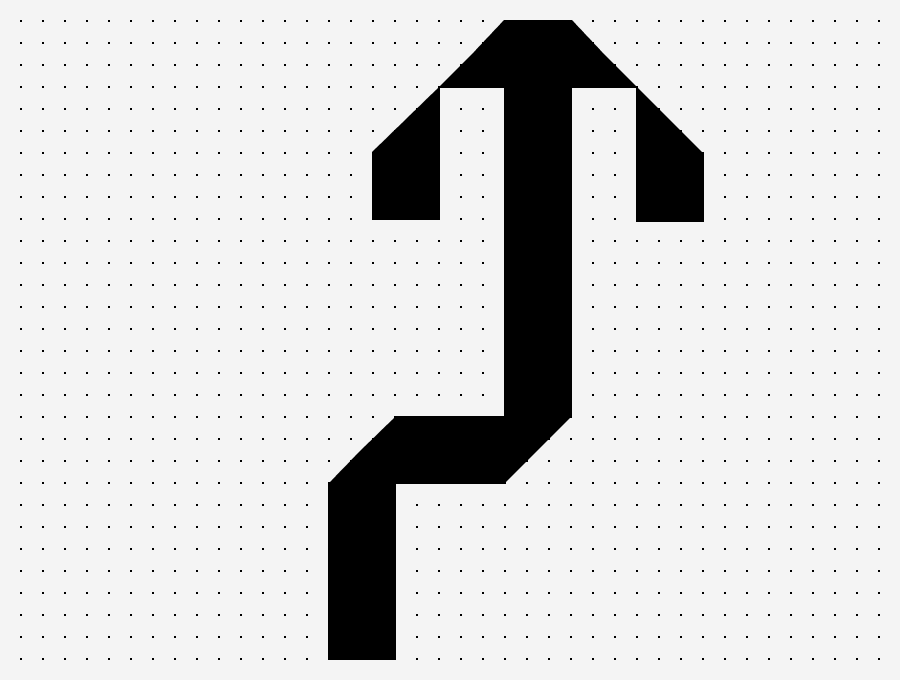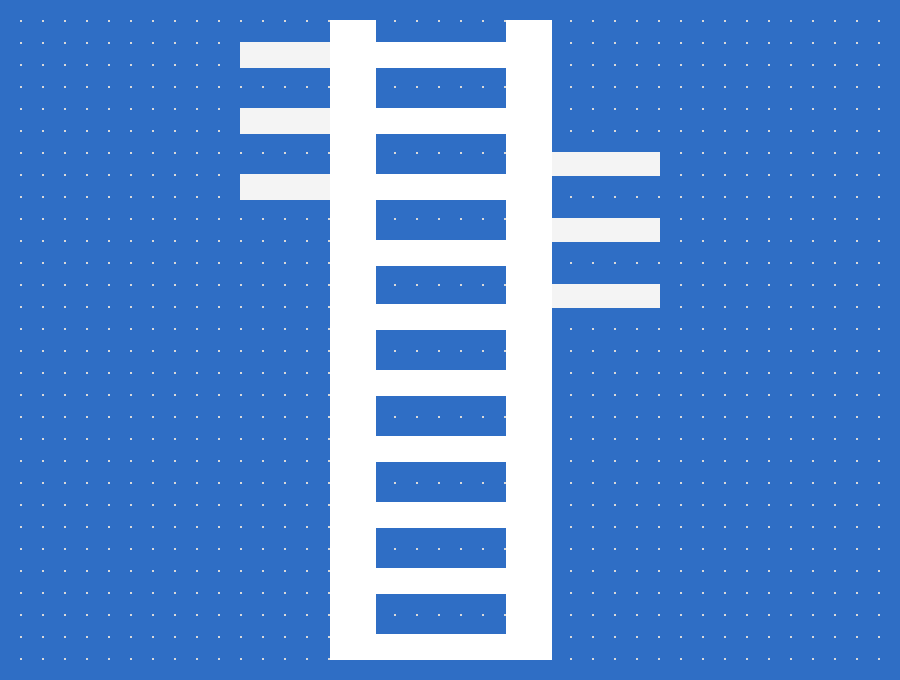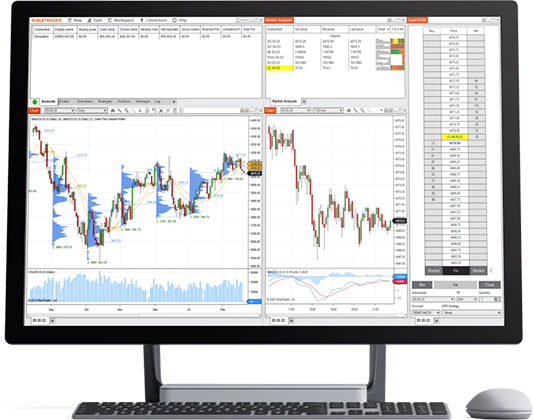
What are Ether Futures?
Ether futures are based on the Ether digital cryptocurrency, which is the second largest market capitalized digital currency behind Bitcoin. Through buying or selling Ether futures, you can trade on your view of the future performance of this active cryptocurrency on a regulated exchange.
Ether is the cryptocurrency that powers and facilitates operations within the Ethereum network. Ethereum is a digital platform for blockchain development and innovation that allows developers to build decentralized applications using smart contracts that execute transactions and agreements automatically without third parties.
Why Trade Ether Futures?
Ether futures provide traders with a way to participate in the price movement of Ether, often reflective of the overall Ethereum blockchain network. For those individuals holding actual Ether, Ether futures contracts can serve as a hedge in anticipation of lower Ether prices. Additional benefits of trading Ether futures include:
Ability to easily go long or short on the real-time price movement of Ether
Instantaneous transactions with lower and predictable costs
No need for a digital wallet or concerns about a potential loss from hackers
Highly regulated with guaranteed transactions through CME Group

Trade Micro Ether Cryptocurrency Futures for Increased Flexibility and Reduced Costs
At 1/10th the size of one Ether, Micro Ether futures allow traders to access this highly active cryptocurrency market with reduced costs and low margins. Other advantages of trading these bite-sized contracts include:
- Highly leveraged markets for more buying power
- Start with a smaller account vs. full-size Ether contracts
- Increased flexibility for better position management
Micro Ether futures contracts provide an ideal entry point for new futures traders to start small and scale up as you become more comfortable in the live markets.
Leverage also increases the risk associated with futures trading and only risk capital should be used for trading.

Who Trades Ether Futures?
Ether futures traders can be broken down into three main groups:
- Commercial traders in the Ether futures market are typically trading to hedge their price risk on a large digital position of Ether. Such traders include early Ether adopters, institutional investors, and even large Ether miners.
- Large professional traders of Ether futures are anyone trading large position sizes, like CTAs, or commodity pools speculating on price direction.
- Self-directed retail traders make up the remaining daily trading volume in Ether futures. Similar to large professional traders, self-directed retail traders speculate only on the price movement of the futures contract.

What Can Affect the Price of Ether Futures?
Even though Ether futures are a uniquely digital financial instrument, prices can fluctuate significantly during the trading day. They can be sensitive to a variety of factors, including the same types of economic news and reports that move other financial futures markets. With Ether, the basic economic principles of supply and demand apply: are there more buyers pushing the market up or more sellers pushing it down?
Ether has the potential for highly volatile price moves. Traders need to keep abreast of new technologies, the regulatory environment, and the release and success of new cryptocurrencies to gauge the overall Ether trading environment.
Intramarket Factors
Even with a market capitalization of around $200 billion, Ether has less than half the market capitalization of Bitcoin. While it's unique from other digital currencies, Ether does not exist in a vacuum and can be affected by news and what's occurring in other cryptocurrencies, especially Bitcoin. When Bitcoin rallies higher or falls lower, many other cryptocurrencies often follow, including Ether.
Interest Rates and Global Economic Conditions
Changes in interest rates and monetary policy, global unrest, and changing economic conditions can all impact the price of Ether futures. News stories about new cryptocurrency regulations or adoption by large institutions or governments can often sway sentiment in one direction or the other.

Watch Daily Live Futures Trading
Join our livestreams each weekday as we prepare, analyze and trade the futures markets in real-time using charting and analysis tools.

Intro To Technical Analysis
Learn to leverage technical analysis to target futures trading opportunities and identify trends using chart types, indicators and more.

Develop The Trader In You
Get started on your path to learn how to trade futures through our introductory video series outlining the first steps in your trading journey.

Risks of Ether Futures Trading
Like every futures contract, the primary risk is that the price of Ether futures will go against the trader’s position. This is especially challenging when trading Ether futures as significant price moves and volatile pricing conditions often exist. As a result, appropriate trade sizing is critical as is following a risk management plan, which should include a stop loss or a trailing stop.
News and events can move Ether prices significantly, so traders should always keep an eye on open positions and orders with the ability to close or adjust them quickly.
If you are a new futures trader, practicing in a futures trading simulator with live market data can help you prepare for market swings and test your strategy before trading with real money.
Micro Ether Futures Contract Specifications
Micro Ether futures provide an efficient, cost-effective way to fine-tune your Ether exposure and meet your trading objectives. At just 1/10th the size of one Ether, this reduced contract size enables traders of all account sizes to speculate or hedge the price of Ether.
You can trade Micro Ether futures on the 24-hour electronic CME Globex system. Ether futures contracts are cash settled at expiration.
| Micro Ether Futures | |
|---|---|
| Symbol | MET |
Exchange | CME Globex |
| Contract point value | 0.1 Ether |
| Minimum price fluctuation | $.50, (0.10 * .50 = $0.05 per-contract per-minimum move) |
| Trading hours | Sunday 6:00 pm ET to Friday 5:00 pm ET |
| Listed contracts | Monthly contracts listed for 6 consecutive months out, quarterly contracts (Mar(H), Jun(M), Sep)U), Dec(Z)) listed for 4 additional quarters, and a second Dec(Z) contract if only one is listed |
| Expiration style | Trading ceases 11:00 am ET on the last Friday of the contract month |
| Settlement | Financially settled |
| Additional Specifications | View all from CME Group |

Become a Ether Futures Trader Today
Ready to start trading Ether futures? NinjaTrader is here to support you. With award-winning features and daily premium market commentary with industry pros, NinjaTrader equips you with the tools you need to embark on your trading journey.